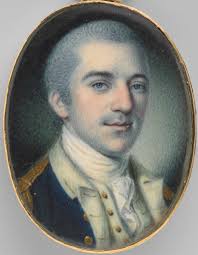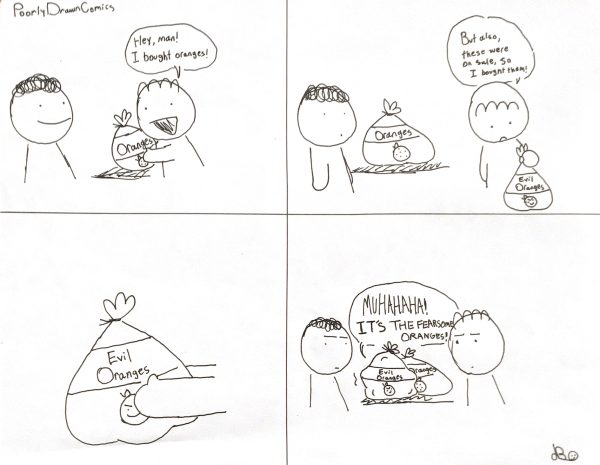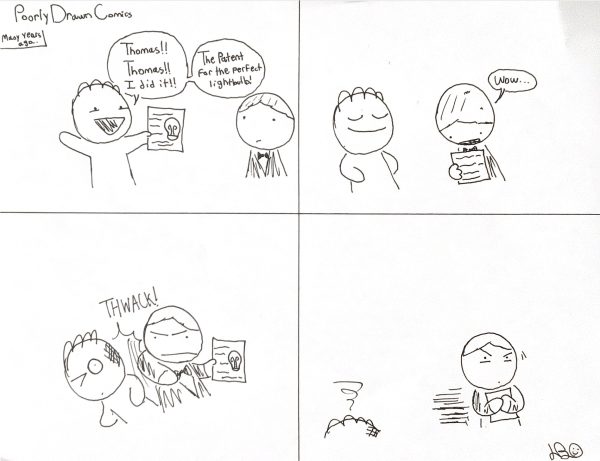October 28th, 1754: John Laurens

Photo via https://www.google.com/url?sa=i&url=https%3A%2F%2Fwww.flickr.com%2Fphotos%2F20942641%40N07%2F8490706664%2F&psig=AOvVaw0OFiBQWjzrdc_Ed3yl1NIf&ust=1604150325500000&source=images&cd=vfe&ved=0CAIQjRxqFwoTCLiOl-Wz3OwCFQAAAAAdAAAAABAD under the Creative Commons License
Oct 30, 2020
“We have sunk the Africans & their descendants below the Standard of Humanity, and almost render’d them incapable of that Blessing which equal Heaven bestow’d upon us all.” Who could have said this? Abraham Lincoln? Harriet Tubman? Neither, it was written by John Laurens: An 18th century abolitionist, soldier, and diplomat.
On October 28th, 1754, John Laurens was born to Henry Laurens and Eleanor Ball Laurens in Charleston, South Carolina. John and his two younger brothers were tutored at home, but after the death of their mother, they went to England for schooling in October 1771. John ended up in Geneva, Switzerland, where the ideas of equality there probably sparked his feelings against slavery. Laurens returned to London with his brothers in August 1774. He had always expressed interest in science and medicine, but he followed his father’s wishes for him to study law.
On October 26th, 1776, Laurens married Martha Manning. He got her pregnant, and married to preserve her family’s reputation. (an illegitimate child could ruin their honor) He wrote to his uncle “Pity has obliged me to marry”. Laurens, determined to fight for his country, left for Charleston against his father’s wishes in December of 1776, leaving behind his pregnant wife and unborn child who he would never see again.
Henry Laurens realized that he would not be able to prevent his son from joining the army, so he used his position of honor to get John a position as volunteer aide-de-camp for General George Washington. He was given the rank of lieutenant colonel. His first battle was the Battle of Brandywine, and he became known for his reckless nature. The Marquis de Lafayette, who he had become friends with, wrote “It was not his fault that he was not killed or wounded [at Brandywine,] he did everything that was necessary to procure one or t’other.”
It was during his service as aide-de-camp that he met Alexander Hamilton, and he forged what was possibly the closest relationship of his life. Alexander Hamilton once wrote to him:
“Cold in my professions, warm in ⟨my⟩ friendships, I wish, my Dear Laurens, it m⟨ight⟩ be in my power, by action rather than words, ⟨to⟩ convince you that I love you. I shall only tell you that ’till you bade us Adieu, I hardly knew the value you had taught my heart to set upon you. Indeed, my friend, it was not well done. You know the opinion I entertain of mankind, and how much it is my desire to preserve myself free from particular attachments, and to keep my happiness independent on the caprice of others. You sh⟨ould⟩ not have taken advantage of my sensibility to ste⟨al⟩ into my affections without my consent. But as you have done it and as we are generally indulgent to those we love, I shall not scruple to pardon the fraud you have committed, on condition that for my sake, if not for your own, you will always continue to merit the partiality, which you have so artfully instilled into ⟨me⟩.”
John Laurens proposed the idea of a black battalion made of armed slaves, who would fight in exchange for their freedom. Unfortunately, his idea was turned down multiple times and he never got to go through with it.
After General Charles Lee made a disorderly retreat at the Battle of Monmouth and was scolded for it, Lee wrote insulting letters about George Washington. Laurens challenged Lee to a duel with Hamilton as his second. Laurens shot Lee and he had a minor wound in his side. Alexander Hamilton and Evan Edwards (Lee’s second) ended the duel before any more shots could be fired.
In May 1780, Laurens was taken prisoner of war after the British took Charleston. He most likely received special treatment because of his father’s status, and was confined to Philadelphia. He was exchanged and freed later that year.
John Laurens was appointed by Congress to go on a diplomatic mission to France. He made demands to the French minister of foreign affairs, the comte de Vergennes, for money and supplies to support the American cause. Vergennes replied with “Colonel Laurens, you are so recently from the Head Quarters of the American Army, that you forget that you are no longer delivering the order of the Commander-in-Chief, but that you are addressing the minister of a monarch.” Laurens ignored this and went directly the King Louis XVI, at a reception where people were supposed to bow and pay their respects to the king. Instead of paying his respects, Laurens was able to secure a ten million livre loan. (not without some frustration)
On August 27th, 1782, Laurens met his untimely death at the Battle of Combahee River. He was 27. Laurens had left his sickbed to go fight, and he was shot from his saddle and died on the field. Many of his friends and family were overcome with grief. Alexander Hamilton wrote:
“I feel the deepest affliction at the news we have just received at the loss of our dear and inestimable friend Laurens. His career of virtue is at end. How strangely are human affairs conducted, that so many excellent qualities could not ensure a more happy fate! The world will feel the loss of a man who has left few like him behind; and America, of a citizen whose heart realized that patriotism of which others only talk. I feel the loss of a friend whom I truly and most tenderly loved, and one of a very small number.”
It is important that we remember the unacclaimed heroes. Even if they have some representation in popular culture, it often does not tell their whole story.




